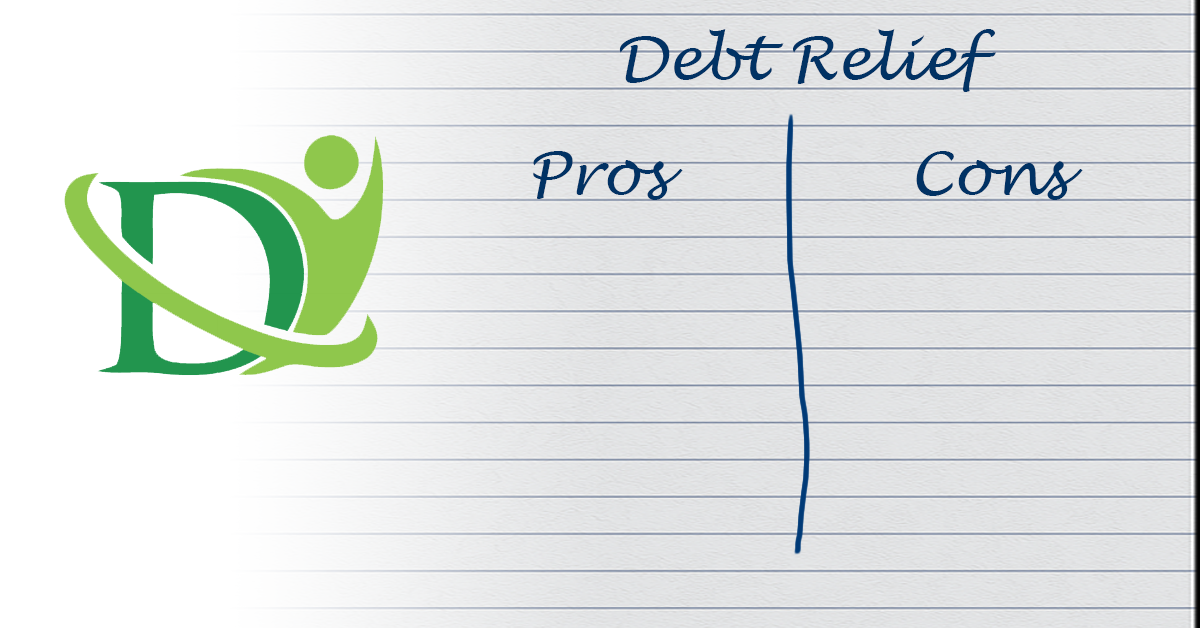
Financial Counseling’s Impact on Debt Management
December 10, 2024
Comparing Debt Restructuring Options
December 17, 2024Financial stability and freedom from debt hold significant importance for a comfortable and secure future. Eliminating debt provides peace of mind and allows for better management of finances. It opens opportunities for savings, investments, and meeting long-term goals. The journey to a debt-free life involves understanding current financial situations and implementing effective strategies to address outstanding debts.
Evaluating personal finances is the first step towards identifying areas that need improvement. This involves assessing income, expenses, and existing debts to get a clear picture of financial health. By understanding where money is going, better budgeting and spending habits can be formed. Recognizing problem areas and creating a structured plan helps set realistic goals for debt reduction.
Implementing proven strategies to eliminate debt is crucial for achieving financial stability. Methods such as creating a repayment plan, prioritizing high-interest debts, and consolidating multiple debts into manageable payments provide a structured approach to debt reduction. Coupled with long-term financial planning, these strategies ensure sustained freedom from debt and pave the way for a secure financial future. Taking these steps enhances overall well-being and sets the foundation for achieving financial goals and aspirations.
Understanding the Importance of a Debt-Free Future
Achieving a debt-free future holds immense value for financial well-being. Debt often creates significant stress and limits financial freedom. By eliminating debt, individuals can enjoy increased financial stability and flexibility. This stability allows for greater control over personal finances and the ability to save for future needs.
Being free from debt enables more opportunities for savings and investments. Money that would have been spent on paying interest and principal can be redirected to other financial goals. Savings accounts, retirement funds, and investment portfolios can grow, providing a safety net for emergencies and a comfortable retirement. Without the burden of debt, it becomes easier to plan for major life events such as buying a home, travelling, or funding education.
Living without debt also fosters better mental and emotional well-being. Financial stress can negatively impact health and relationships. By managing finances and eliminating debt, overall quality of life improves. The sense of financial security and peace of mind that comes with being debt-free cannot be understated. Recognizing the importance of a debt-free future inspires proactive steps towards achieving this goal, leading to lasting financial health and freedom.
Essential Steps to Assess Current Financial Situation
Assessing the current financial situation is a crucial first step in managing and eliminating debt. Understanding where money is going helps identify areas for improvement and sets the foundation for effective financial planning.
Start by creating a detailed list of all income sources. This includes wages, bonuses, freelance earnings, and any other regular financial inflows. Comprehensive knowledge of total monthly income provides a clear picture of available resources for managing expenses and debts.
Next, list all monthly expenses. Categories should encompass living expenses such as rent or mortgage payments, utilities, groceries, transportation, insurance, and discretionary spending. Include all recurring bills and variable expenditures to gain a full understanding of spending patterns.
Finally, compile a list of all debts. Note the type of each debt, the remaining balance, interest rates, and minimum monthly payments. This helps prioritize which debts to focus on first, particularly those with the highest interest rates. Carefully reviewing this information highlights the overall financial situation.
By accurately evaluating income, expenses, and debts, areas for reduction and savings become evident. This assessment forms the baseline for developing a structured and effective debt reduction plan, paving the way towards financial stability and debt-free living.
Proven Strategies to Eliminate Debt
Eliminating debt requires a strategic approach. Various methods can help reduce debt and lead to financial freedom. Implementing these strategies can make the process more manageable and effective.
1. Create a Repayment Plan: Develop a specific plan to tackle debts. List all debts and prioritise them based on interest rates and balances. Focusing on high-interest debts first, known as the avalanche method, reduces the overall interest paid. Alternatively, the snowball method, which targets the smallest debts first, builds momentum and provides a sense of accomplishment.
2. Consolidate Debts: Debt consolidation combines multiple debts into a single loan with a lower interest rate. This simplifies payments and can reduce the total amount paid over time. Options include personal loans, balance transfer credit cards, or home equity loans.
3. Negotiate with Creditors: Contact creditors to negotiate lower interest rates or settle debts for less than the full balance. Many creditors are willing to work with individuals to create more favourable repayment terms. This reduces the financial burden and helps in managing payments.
4. Increase Income: Explore ways to boost income, such as freelancing, part-time jobs, or selling unused items. Additional income can accelerate debt repayment and ease financial stress.
5. Reduce Expenses: Cut unnecessary spending and reallocate funds towards debt repayment. Small changes, such as reducing dining out, cancelling subscriptions, or finding cheaper alternatives for services, can free up money for debt payments.
By employing these strategies, managing and eliminating debt becomes feasible. Consistent effort and discipline ensure steady progress towards a debt-free life.
Long-Term Financial Planning for Sustained Freedom from Debt
Long-term financial planning is vital for maintaining a debt-free lifestyle. Establishing healthy financial habits and setting clear goals ensures lasting financial stability and freedom.
1. Create an Emergency Fund: An emergency fund acts as a financial safety net. Aim to save three to six months’ worth of living expenses. This prevents reliance on credit during unexpected events, such as job loss or medical emergencies.
2. Budgeting: Consistent budgeting helps manage income and expenses effectively. Allocate funds for necessities, savings, and discretionary spending. Regularly reviewing and adjusting the budget ensures financial goals remain on track.
3. Investing for the Future: Investing in retirement accounts, stocks, bonds, or real estate grows wealth over time. Diversifying investments reduces risk and increases the potential for returns. Long-term investments provide financial security and increase net worth.
4. Financial Education: Continuously educating oneself on financial matters enhances money management skills. Understanding topics such as investments, taxes, and insurance fosters informed decision-making. Financial literacy becomes a powerful tool in maintaining a debt-free lifestyle.
5. Set Financial Goals: Establish short-term and long-term financial goals. Whether saving for a house, education, or retirement, clear objectives provide motivation and direction. Regularly reviewing and adjusting these goals ensures continued progress.
Long-term planning requires commitment and proactive steps. Building a solid financial foundation ensures sustained freedom from debt and financial stability for the future.
Conclusion
Achieving and maintaining a debt-free future involves understanding its importance and implementing effective financial strategies. Evaluating the current financial situation lays the groundwork for debt elimination. Proven strategies, such as creating repayment plans, consolidating debt, and increasing income, make the goal achievable. Long-term financial planning secures continued freedom from debt, providing peace of mind and stability.
For comprehensive debt solutions and expert guidance, visit Debt Helpers. Start the journey to financial independence today with experienced professionals ready to assist. Contact Debt Helpers’ debt consultants now and take the first step towards a debt-free future.

